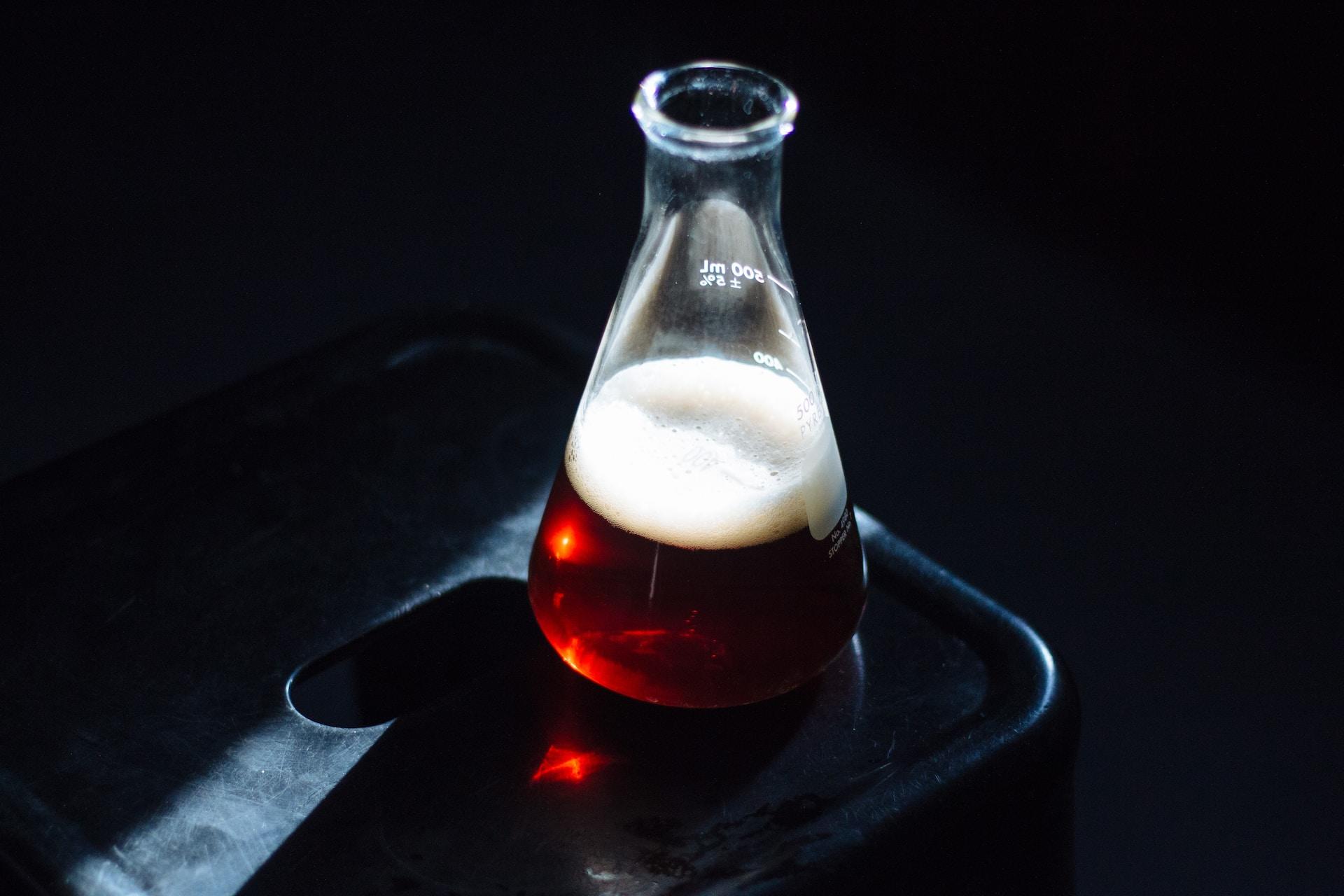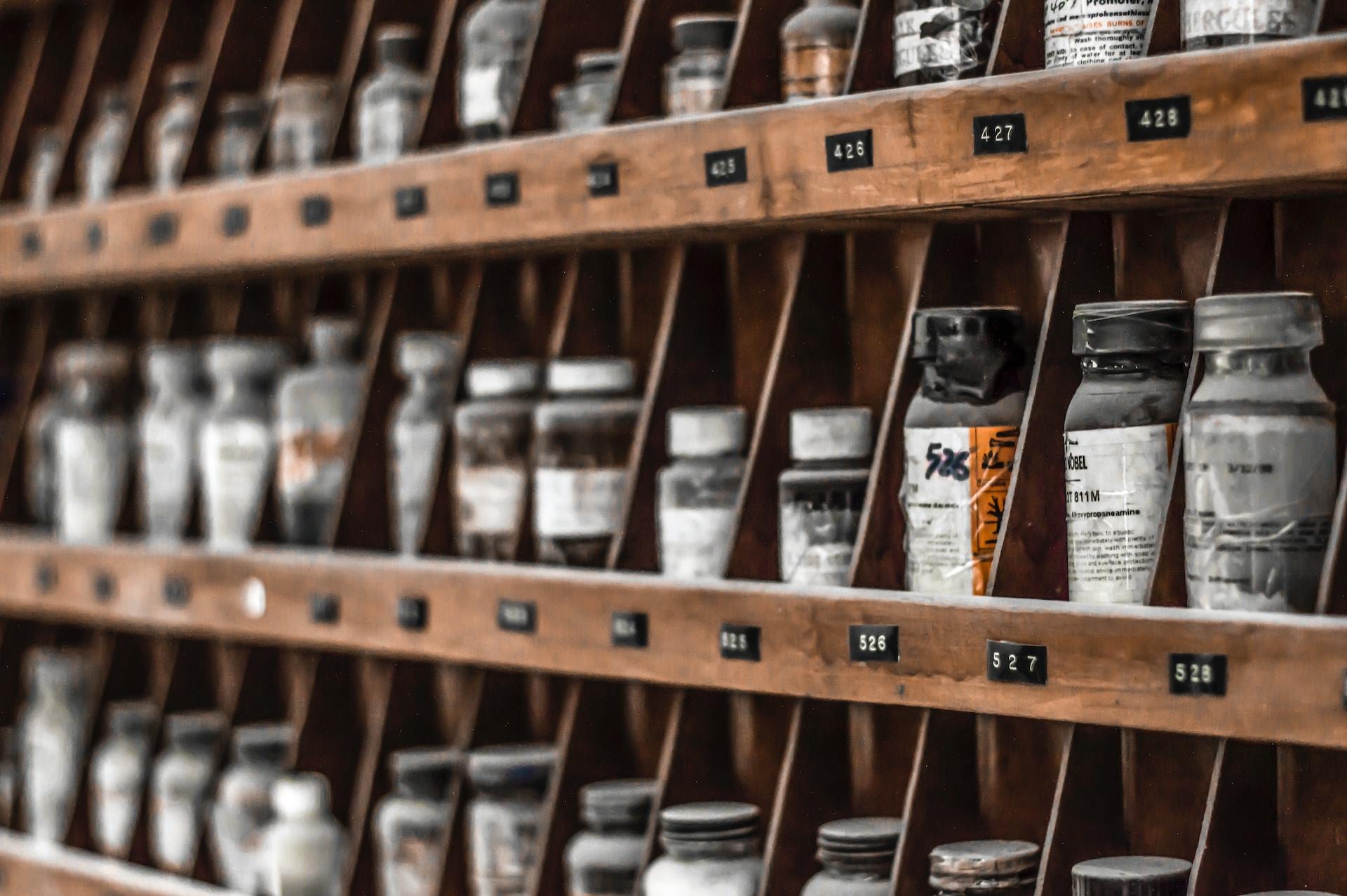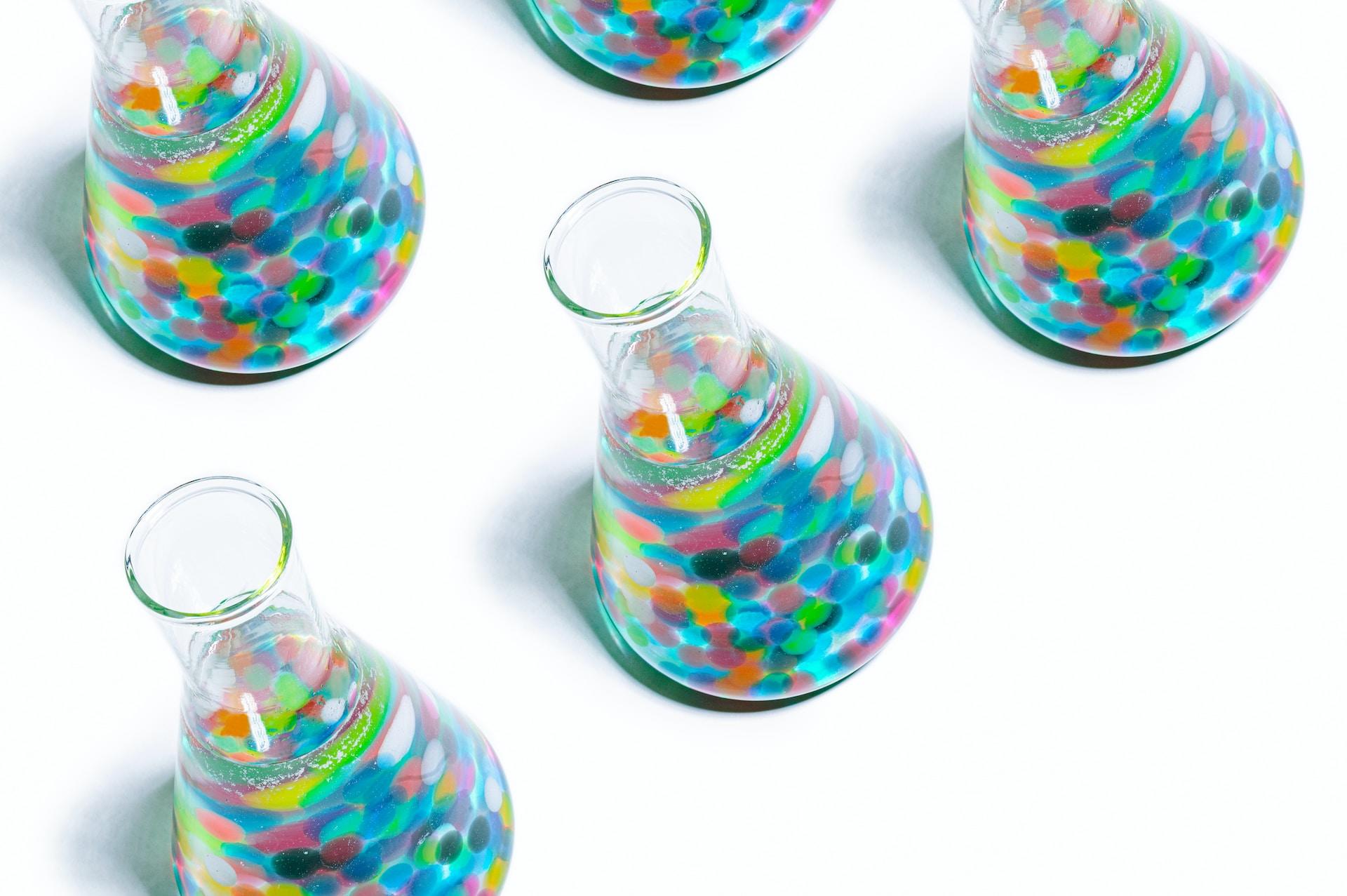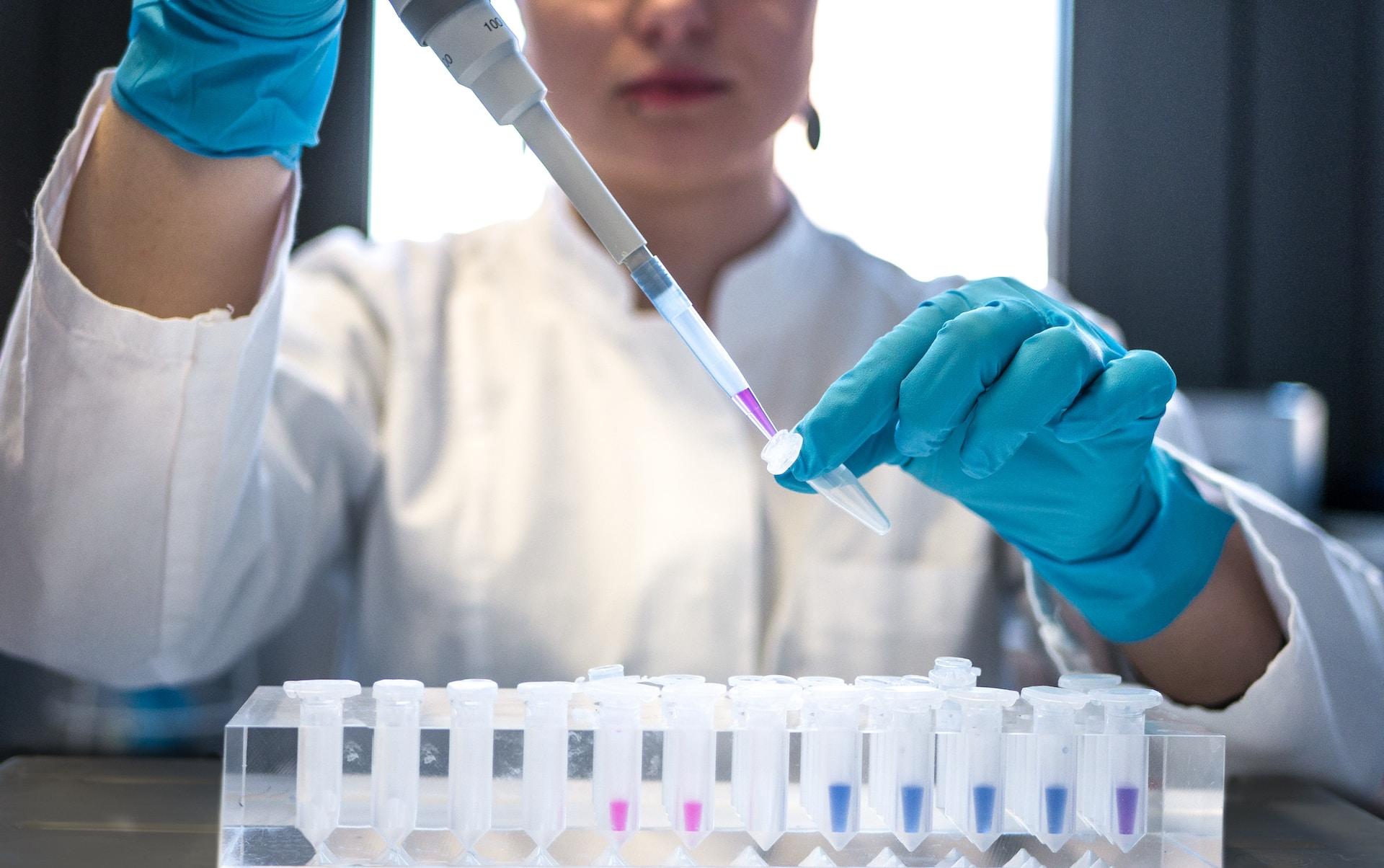If you're studying VCE Chemistry or are planning on studying it next year, you may hear a lot of talk about the Study Design.
While it may sound quite technical, it's actually quite a helpful resource and something that every student should read from cover to cover at least once (except the parts that are just for teachers).
Here, we'll take a look at what a study design is and how you can use it to help you get the best possible results for your VCE Chemistry assessments and exams.

What Is a Study Design?
The Victorian Curriculum and Assessment Authority (VCAA) outlines its courses in documents known as study designs.

At around 70 pages, this lengthy document explains everything that's going to be on your VCE Chemistry course without actually explaining any of them. What this means is that you can find out what you need to learn for VCE Chemistry from the study design, but you can't actually learn what you need to learn from it.
Instead, the study design is basically the curriculum, it lists everything that students will be taught, what they need to know, the reasoning behind these decisions, and how students will be assessed.
Again, we recommend that every student read the entirety of each study design for the VCE subjects they've chosen as it's a useful resource for knowing exactly what you need to know and what you should be studying, especially in Year 12 when revising for your end-of-year exam.
Where Can You Find the VCE Chemistry Study Design?
The VCE Chemistry Study Design can be found on the VCAA website alongside lots of other useful resources for studying chemistry.
While you're on this site, you can also find past papers and exams, though with the recent changes to the VCE Chemistry Study Design, you should be careful about which papers and exams you use to revise and practise exam techniques while not forgetting to familiarise yourself with the data book.
How to Use the Chemistry Study Design
Refer to the study design to check you've learned everything you're supposed to for your assessment. Here, we'll briefly go through some of the key sections to pay particular attention to and explain what's in them.
Scope of Study
The Scope of Study section in your VCE Chemistry Study Design explains broadly what students are expected to study during their VCE Chemistry course.

While each unit will detail exactly what you study, the Scope of Study focuses on the bigger picture and it's a good idea to keep this in mind when you study.
VCE Chemistry's Scope of Study focuses on matter, chemical processes, and how they can be used in ways that minimise their effects on human health and the environment.
Basically, VCE Chemistry looks to teach chemistry with a green or environmentalist slant and has students studying chemistry with the planet and ecology in mind. This doesn't mean that VCE Chemistry students are doing a lighter version of chemistry, but rather that they're studying chemistry while being more mindful of the planet.
When students study VCE Chemistry, they'll still learn important scientific skills such as research methodologies and learn how to link knowledge, theory, and practice. They'll also learn about controlled experiments, fieldwork, case studies, classification, identification, modelling, simulations, literature reviews, and product development.
You can ensure to fully understand the concepts you need to know with a chemistry tutor on Superprof.
Rationale
While the Scope of Study outlines what a student will learn through VCE Chemistry, the Rationale simply explains why these things have been chosen as the object of their studies.
For VCAA, the Scope of Study was chosen so that students develop several skills including experimentation, research, and analytical skills while also improving their problem-solving, critical and creative thinking, and communication.
More pragmatically, these areas of study are part of VCE Chemistry so that students can move on to further study or careers in areas of chemistry such as analytical chemistry, biochemistry, inorganic chemistry, organic chemistry, and physical chemistry.
This also gives them opportunities to work in areas such as bushfire research, dentistry, education, engineering, forensic science, horticulture, medicine, metallurgy, nursing, pharmacy, sports science, toxicology, and veterinary science.
Aims
As you can guess, the Aims section of the study guide outlines what students should know and the skills they should have developed by the time they've finished their VCE Chemistry studies.
A lot of the content of this section elaborates on what we've seen in the Scope of Study and the Rationale, but it can be useful to give it a read just once and refer back to it if you ever have any doubts about why you're studying VCE Chemistry.
Structure
The Structure section is where you can find out about the various units that make up the VCE Chemistry course and what each unit broadly entails.
In VCE Chemistry, much like other VCE subjects, there are 4 units. For chemistry, these are:
- Unit 1: How can the diversity of materials be explained?
- Unit 2: How do chemical reactions shape the natural world?
- Unit 3: How can design and innovation help to optimise chemical processes?
- Unit 4: How are carbon-based compounds designed for purpose?
Within each unit, there are Areas of Study (AOS) and you can find out more about these and the units themselves later on in the Study Design under their dedicated sections.
Entry
The Entry section details the prerequisites for students wishing to study VCE Chemistry. For chemistry, much like a lot of the other VCE subjects, there are no prerequisites to start studying VCE Chemistry Units 1, 2, and 3. However, Units 3 and 4 must be taken as a sequence.
Normally, you won't have to worry about any of this as your school will likely have students studying the units sequentially with Units 1 and 2 being taught in Year 11 and Units 3 and 4 making up Year 12.
Basically, each VCE unit lasts a semester and each VCE subject is designed to take up the last two years of secondary school.
Changes to the Study Design
The Study Design for Chemistry is changing. Units 1 and 2 changed this year (2023) and Units 3 and 4 are changing next year. The reason they don't all change at the same time is that students starting VCE Chemistry this year will be taking Units 3 and 4 next year.
Ensure you understand everything you need to know with extra help from a chemistry tutor on Superprof.

Students who started VCE Chemistry last year will still use the same study design that they started with.
The important thing to remember about the changes is that older resources may no longer be valid, especially if some content has been added or removed for a given unit.
Rather than detailing everything that's been added and removed, you can look to the Study Design to see what's in each unit, area of study, and also visit the VCAA Bulletin for updates.
This doesn't mean you shouldn't have a look at past papers or exams, as these are still a valuable resource.
What you should know is that some of the content from the later units has been moved to earlier units so you may end up studying things in Year 11 that was previously reserved for Year 12 students.
With things having moved and things having been added, it won't be too much of a problem if you study them. However, make a note of everything that's been removed as you don't want to waste any time studying these topics or concepts!
Assessment and Reporting
The Assessment and Reporting section explains what students need to do to get their VCE results.
For VCE subjects, Units 1 and 2 are marked internally by schools and students are given a pass or a fail, which are denoted by an S (satisfactory) or an N (not satisfactory).
Units 3 and 4 include scored assessments and the end-of-year exam. Unit 3 includes school-assessed coursework that accounts for 20% of your study score.
Unit 4 includes more school-assessed coursework, but this time, it counts for 30% of your study score.
Finally, the end-of-year exam accounts for 50% of your overall study score.
Units and Areas of Study
The Units and Areas of Study sections are arguably the most important parts of the Study Design. These are the sections that detail what you need to study for each unit, what the coursework is, and what's likely to be on the end-of-year exam.

Whenever you sit down to study or revise, it can be helpful to have the study guide with you and to have notes of what you need to study, the areas that you need to work on, and the areas that you're confident in.
You can structure a lot of your revision around these sections of the Study Design so read them carefully, refer back to them regularly, and make a lot of notes about what's in these sections.
Of course, if you need help with any of this, you can always ask your teacher or look to a year 12 chemistry tutor!
Summarise with AI:
















